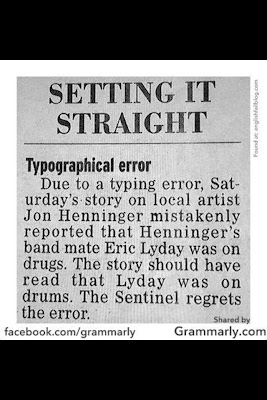While most sources did say that “although” and “though” mean the same thing and can basically be used interchangeably, I was able to find a bit of a varying definition for each word:
- Although = even though and in spite of the fact that
- Although he was the best worker at the plant, he did not get a raise.
- Though = however
- The dog didn’t bite him, though.
Although and though are used interchangeably so often that it is now acceptable to use though in formal writing although some people (typically old school learners/practitioners) may not like it. I have to admit that I don’t like it and change it every time, but will now rethink that practice unless the definitions above make a difference (see below).
There are, however, times when although and though cannot be used interchangeably.
- At the end of a sentence.
- The car is cherry red. It doesn’t go very fast, though.
- With “as”
- She acted as though she was the boss.
- With “even”
- Even though the team gave it their all, they lost the championship.
- Although/though there was not a cloud in the sky, rain was smearing the windshield.
- NOTE: While this sentence would be correct either way, if I’m using the definitions above, I would use although – “In spite of the fact that there was not a cloud in the sky, rain was smearing the windshield.”
- The job sounded like a dream job although/though the pay was not very competitive.
- NOTE: In this sentence, either word would work even with the definitions – “The job sounded like a dream job in spite of the fact that the pay was not very competitive.” AND “The job sounded like a dream job however the pay was not very competitive.”



 Follow
Follow





.jpg)
